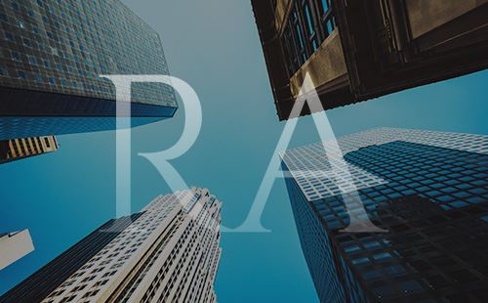As noted by the author, Eric Goldman in a recent Forbes Magazine article, “Are Facebook Photos More Discoverable in Litigation than other Social Media Content?”, information found on social media has become an integral part of the discovery process.
Indeed, the general public would be surprised that nearly everything posted to social media may in fact be discoverable in litigation. The duty to preserve potentially relevant evidence thus arises when a party anticipates litigation.
Further, Courts may impose sanctions for spoliation of evidence if an attorney or a litigant is ultimately found to have deleted or altered social media content once a duty to preserve evidence arises. Sanctions could include appropriate jury instructions as to adverse inference, the barring of evidence or testimony at trial, dismissal of claims, fines and/or the award of attorney’s fees.
For example, in the matter of Gatto v. United Air Lines, Inc., #:10-cv-1090-ES-SCM, 2013, U.S. District, Lexis 41909 (D.NJ. March 25, 2013), the plaintiff was sanctioned for spoliation of evidence, specifically for deleting his Facebook account during the course of his litigation.
Gatto, a baggage handler, claimed serious injuries while unloading the baggage at JFK Airport. Gatto provided the defendant, United Airlines, signed authorizations to all of his social media and online accounts. However, Gatto would not provide access to his Facebook account. Ultimately, during a pretrial conference, Gatto signed the appropriate authorization permitting the defendant airline access to his account through a shared password.
Defendant accessed the account and gathered some information. However, ultimately, there were alerts on the Facebook indicating access by “unfamiliar computers”. The plaintiff, Gatto then deactivated the account.
When the Court questioned the plaintiff as to why he closed the account, Gatto explained that he deactivated the account because he was concerned about “being hacked”. Thereafter, defense counsel was again permitted to have access to the Facebook account, but Facebook had automatically deleted the account fourteen days after deactivation.
The U.S. District Court, however, found that the plaintiff was not “motivated by fraudulent purposes or diversionary tactics and the loss of evidence will not cause unnecessary delay.” District Court did impose however, the sanction of an “adverse inference” jury instruction at the time of trial.
Moreover, the Court determined that the threshold for the imposition of any sanctions when a party fails to preserve information on social media is when a four-prong test is met: (1) the evidence is within the parties’ control; (2) there is actual suppression or withholding of evidence; (3) the evidence destroyed or withheld is relevant to the claims or defenses; and (4) it is reasonably foreseeable that the evidence would be discoverable.
Therefore, it is imperative during litigation that a party preserve evidence that may be accessible through social media or face potential sanctions by the Court.

